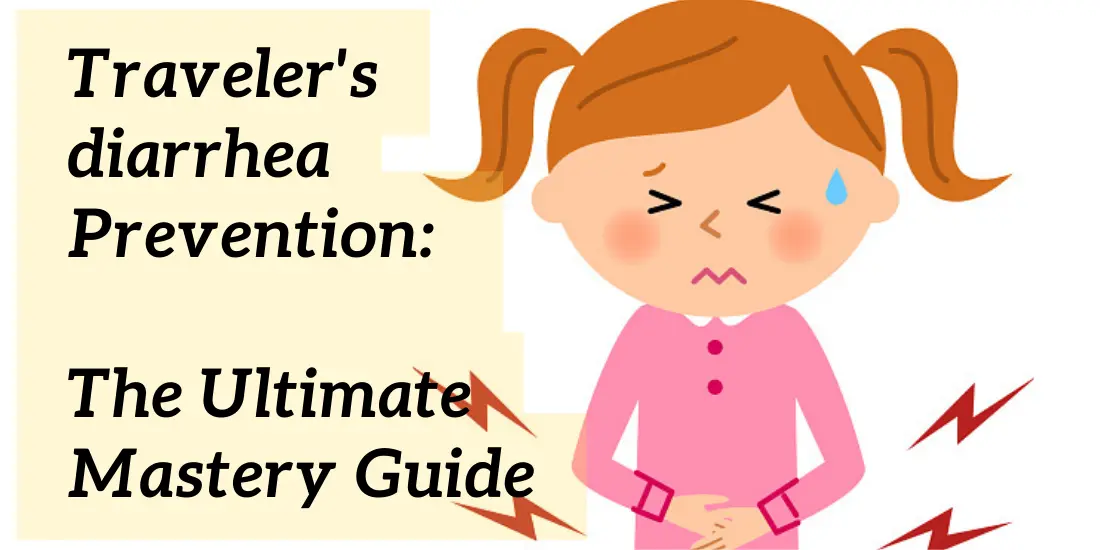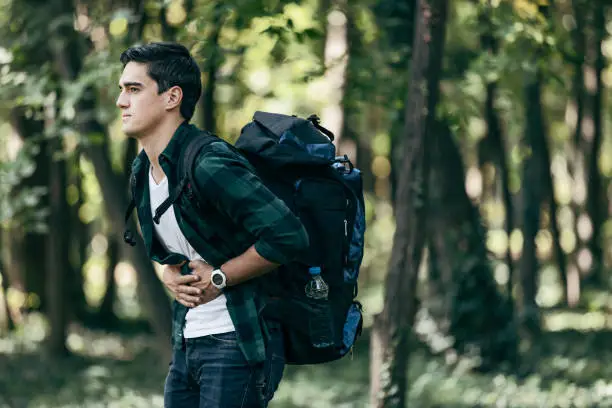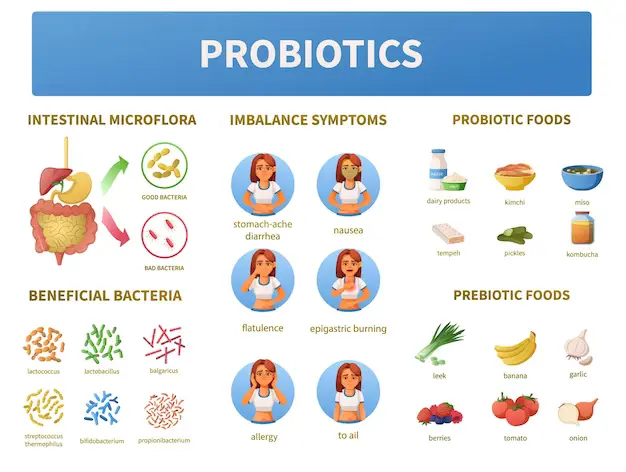Traveler’s Diarrhea Prevention: The Ultimate Mastery Guide

In today’s fast-paced world, traveling has become essential to our lives. Exploring new places can be exciting and enriching for business or leisure. However, one familiar concern travelers often face and would rather avoid is traveler’s diarrhea. This article is your comprehensive guide to understanding and preventing traveler’s diarrhea, ensuring a smooth and enjoyable journey. Before diving into prevention strategies, let’s first grasp what traveler’s diarrhea is and why it occurs.
Traveler’s diarrhea, often called “Montezuma’s Revenge” or “Turista,” is a digestive disorder that commonly affects travelers, especially when visiting developing countries or regions with poor sanitation. It is characterized by loose, watery stools, abdominal cramps, and sometimes nausea and vomiting. The primary culprit behind this inconvenience is typically bacterial contamination of food and water.

Now that we’ve a clear picture of what we’re dealing with, let’s explore key insights on preventing traveler’s diarrhea.
What is Traveler’s Diarrhea?
Traveler’s diarrhea, often referred to as “Montezuma’s Revenge” or “Turista,” is a common digestive disorder that affects people when they travel, especially to regions with poor sanitation or developing countries. This condition is characterized by loose, watery stools, abdominal cramps, and sometimes symptoms like nausea and vomiting.
The primary cause of traveler’s diarrhea is typically bacterial contamination of food and water. When travelers consume contaminated food or water, harmful bacteria enter their digestive system, leading to the unpleasant symptoms associated with this condition. It can significantly inconvenience travelers, often disrupting their plans and making their journeys uncomfortable.
Preventing traveler’s diarrhea involves:
- Taking precautions to minimize the risk of consuming contaminated food or water.
- Maintaining proper hygiene.
- Sometimes, considering vaccinations or medications, depending on the destination.
It’s essential for travelers to be aware of the potential risks and to take preventive measures to ensure a more enjoyable and trouble-free trip.
Stay Hydrated

Hydration is paramount when it comes to preventing traveler’s diarrhea. Diarrhea can quickly lead to dehydration, which can be especially dangerous in hot and unfamiliar environments. Here are some hydration tips:
- Drink Bottled Water: Use sealed bottled water in areas with questionable tap water quality. Ensure that the seal is intact before opening.
- Avoid Ice Cubes: Skip the ice in your beverages, as it’s often made from tap water. Opt for drinks without ice or those served in sealed bottles.
- Oral Rehydration Solutions (ORS): Carry ORS sachets with you. They are a quick and effective way to replenish lost fluids and electrolytes in case of diarrhea.
Safe Eating Practices
Sampling local cuisine is a highlight of any trip, but exercise caution when selecting where and what to eat.
Follow these guidelines:
- Choose Cooked Foods: Choose hot, freshly cooked dishes over raw or undercooked items. High temperatures kill harmful bacteria.
- Peel Your Fruits: If you’re indulging in fruits, peel them yourself. This reduces the risk of contamination.
- Avoid Street Vendors: While street food can be tempting, it’s often prepared in conditions that may not meet hygiene standards. Stick to established restaurants.
- Wash Your Hands: Maintaining good hand hygiene by washing your hands before eating can significantly reduce the risk of infection.
Hand Hygiene
Proper hand hygiene is a simple yet effective way to prevent traveler’s diarrhea. Carry a small bottle of hand sanitizer with you and use it frequently, especially before eating. Also, be mindful of touching your face, as this can transfer harmful bacteria from your hands to your mouth.
Probiotics

Before and during your trip, probiotic supplements may help strengthen your gut’s defense against harmful bacteria. Probiotics promote a healthy gut flora balance, making it more challenging for harmful bacteria to establish themselves. Consult your doctor or a travel health specialist for recommendations on the right probiotics for your trip.
Medications
Before your trip, consult a healthcare professional to discuss preventive measures like vaccines and medications. Here are some options:
- Vaccinations: Depending on your destination, vaccines such as those for hepatitis A and typhoid may be recommended.
- Antibiotics: Sometimes, your doctor may prescribe antibiotics to be taken preventively during your trip.

Final Thoughts
While traveler’s diarrhea is a common concern for globetrotters, taking suitable precautions can significantly reduce the risk of encountering this unpleasant ailment. Remember to stay hydrated, choose your food carefully, practice good hand hygiene, consider probiotics, and consult a healthcare provider if necessary. With these measures, you can confidently explore the world, knowing you’re less likely to fall victim to Montezuma’s Revenge or its equivalents in other parts of the globe. Safe travels!
Explore worldly is your go-to resource for all things travel-related. From destination guides to travel tips, we’ve got you covered. Stay informed, stay safe, and stay adventurous!
Please note that the information provided in this article is for general guidance only. Consult with a healthcare professional or a travel medicine specialist for personalized advice based on your specific travel plans and health history.
FAQs (Frequently Asked Questions)
Can I prevent traveler’s diarrhea entirely?
Despite no guarantees, following the above preventive measures significantly reduces the risk.
What should I do if I get traveler’s diarrhea?
Stay hydrated, consider taking an over-the-counter anti-diarrheal medication (consult a healthcare professional first), and rest. If symptoms persist, seek medical attention.
Is it safe to eat salads and raw vegetables abroad?
It’s generally best to avoid raw vegetables and salads in areas with questionable water quality. Stick to cooked or peeled options.
Can I trust bottled water everywhere I go?
While bottled water is usually safe, checking the seal’s integrity is essential. In some places, counterfeit bottles can be a concern.
Are probiotics effective for everyone?
Probiotics may not work for everyone, but they are worth trying, as they have helped many travelers maintain gut health.
Is it safe to buy medications locally if needed?
Bringing necessary medications from home is recommended to ensure their quality and authenticity.
